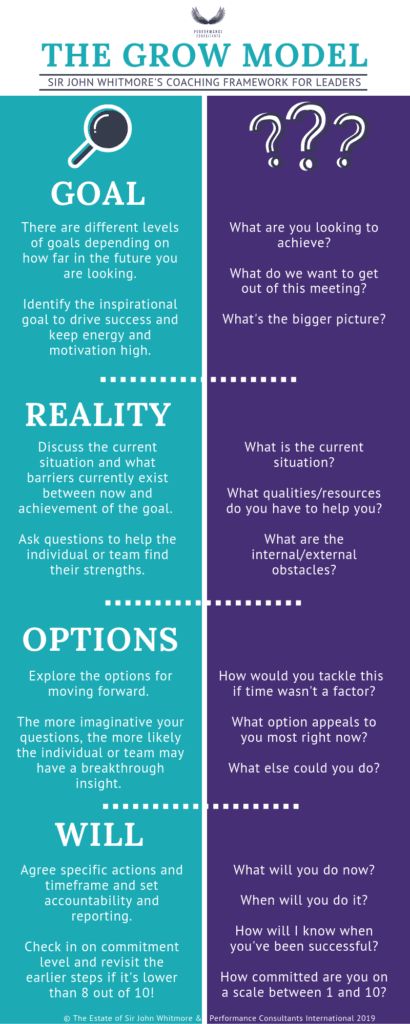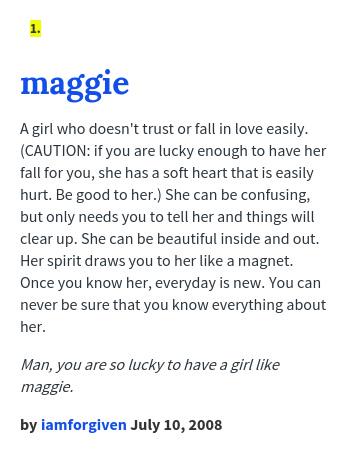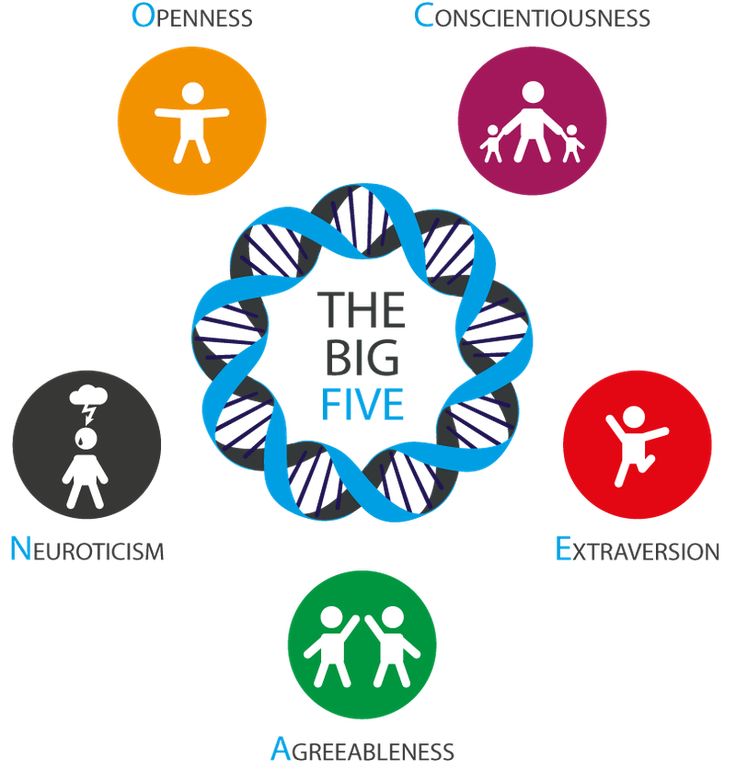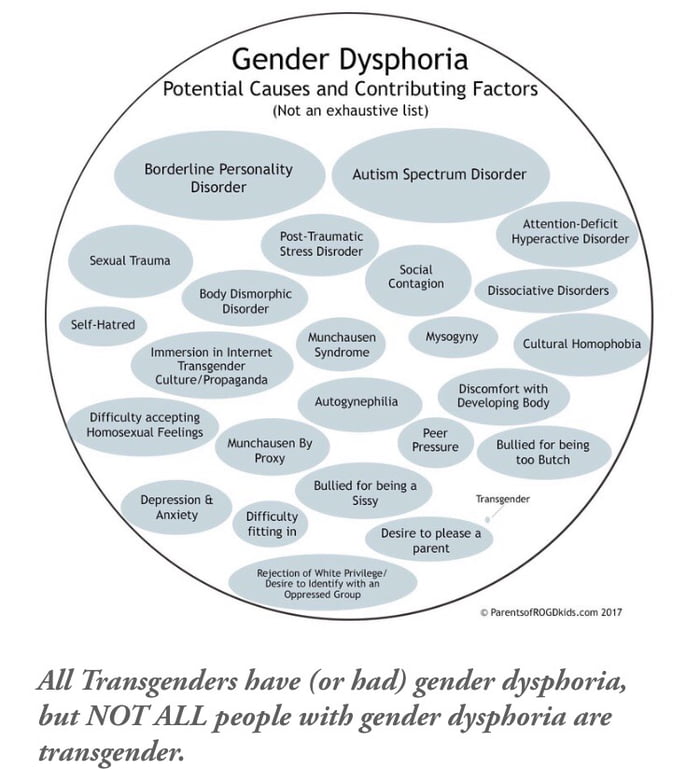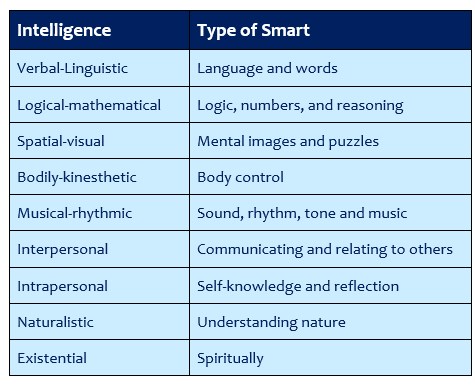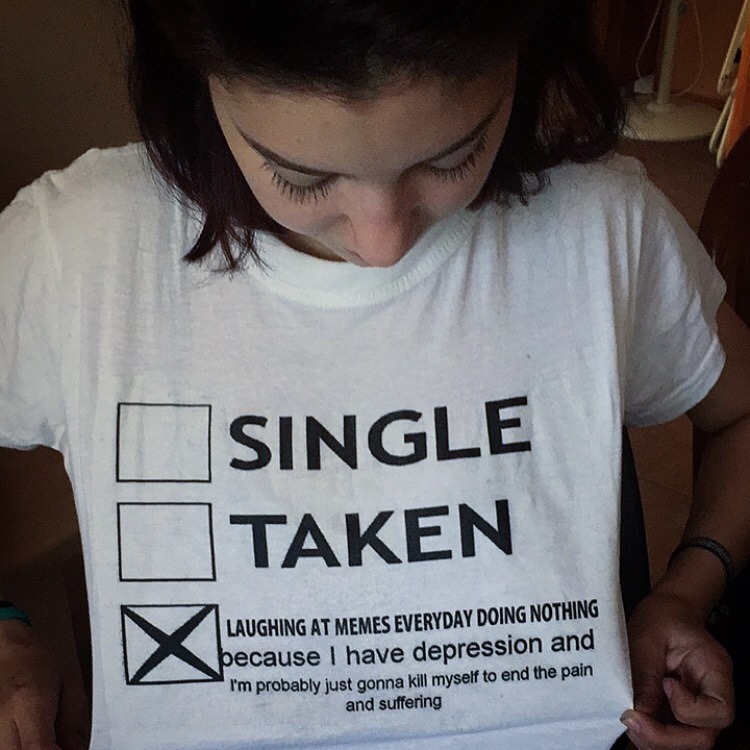Difference between life coaching and therapy
Life Coach vs. Therapist: What's The Difference?
When seeking professional help for emotional wellbeing and personal growth, the default option you may think of is therapy. Recently, however, you may have also heard people talk about working with a life coach.
Life coaches are professionals who help you achieve personal or professional goals. While approaches to life coaching vary, most focus on personal empowerment, motivation, and strategies to define and reach your dreams.
Sound similar to therapy? Here are 6 key differences between life coaching and therapy, and how to choose one over another.
1. Topics: Therapy focuses on mental health; life coaching focuses on goalsThe major difference between therapy and life coaching is the focus of the work: therapy focuses on mental health and emotional healing, while life coaching focuses on setting and achieving goals.
While therapists are trained mental health professionals who are in the regulated field of healthcare and require licensure, life coaches do not have mental health training and are not equipped to diagnose or treat mental health conditions (unless a life coach was previously trained as a therapist, which is also common).
Consider therapy if you want to heal or get help with a mental health concern; try life coaching if you need help getting “unstuck” or realizing a fuller potential.
When to see a therapist- You experience mental health symptoms that cause distress in your life (i.e., anxiety, depression, trauma, disordered eating).
- You want to heal from past hurts or trauma.
- You need support navigating emotions.
- You struggle with interpersonal relationships and want to learn strategies to feel less impacted by others.
- You are experiencing relationship issues and could benefit from couples counseling.
- You want to get ‘unstuck’ and set goals you will actually achieve.
- You want to accelerate to the next step in your career.
- You feel like your life is on autopilot, and want to challenge yourself or break out of your comfort zone.
- You want to stop unhelpful habits and replace them with healthy alternatives.

- You know that your inner critic keeps you from living your best life and you want to learn how to quiet that voice.
- You desire a life with purpose and meaning but do not know where to start.
- You feel confused about the next chapter in your life (i.e. struggling with career decisions, major life choices) and would like guidance on what would best serve you.
- You know that you have a lot to feel grateful for but something is missing and you need that extra inspiration to piece your puzzle together.
- You want to tap your inner motivation for a major goal, such as running a marathon.
- You want to hold yourself more accountable, whether in your personal or professional life
Download Your Free Life Coach vs. Therapist: What's The Difference? Guide
2. Skills: Therapy helps you learn to heal; coaching empowers you to achieve goals
Therapists help clients look to their figurative yesterdays in order to overcome deep-rooted issues, whereas life coaches are there to help you jump off today's launching point to succeed tomorrow.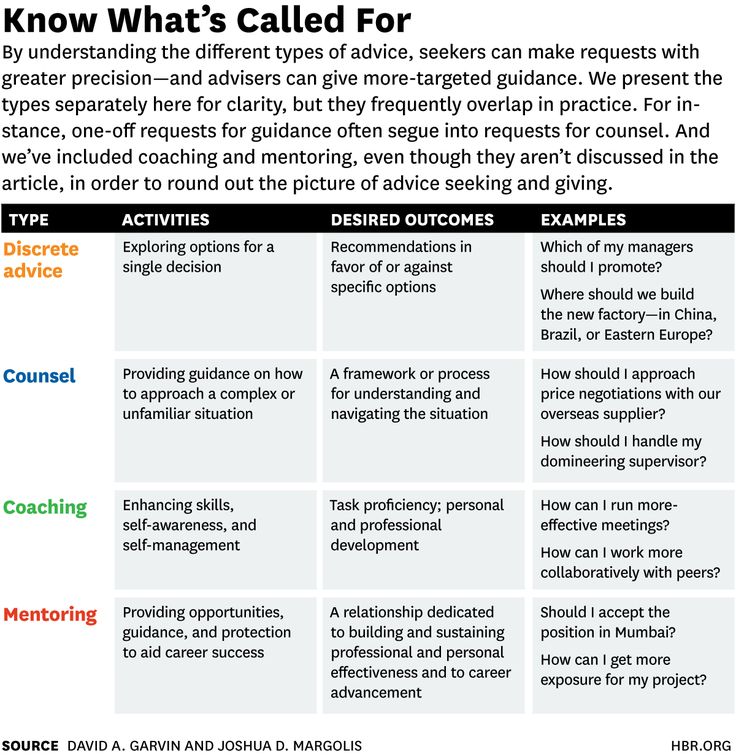
The skills you learn from a therapist are designed to foster healing from whichever challenge you are facing. Coaching, on the other hand, sets you up with tools to reach bigger dreams or break free if you feel stuck on repeat in your life.
Therapy helps you heal from mental health challengesIn therapy, you will address mental and emotional health challenges you're facing this by learning therapy techniques like:
- Cognitive reframing and mindfulness skills
- Gaining insight into how your past affects you today through psychoanalysis
- Healing past traumatic experiences
- Resolving relationship issues through couples counseling.
Success in therapy is measured by things like improved mood, lower anxiety levels, more nourishing eating habits, and a greater sense of happiness.
Life coaching teaches you how to achieve big dreams and/or break free if you feel stuckOn the other hand, most life coaching focuses on helping you pursue your passions, or break free of stagnation or "stuckness.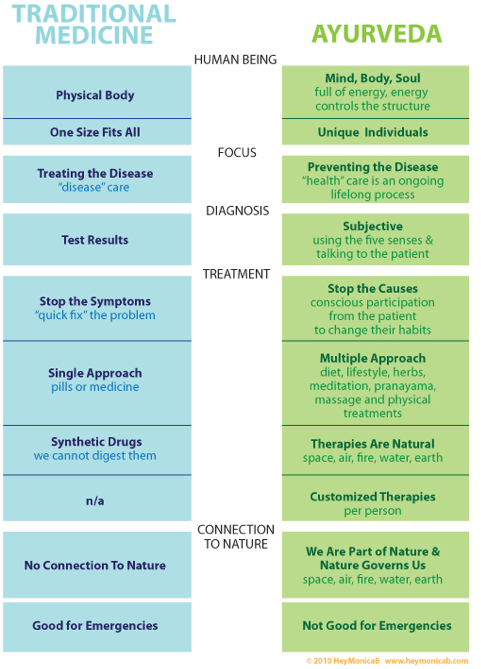 "
"
With a life coach, you might work on discovering your passions, strategizing a path to achieving them, and building the positive mindset that will empower you to achieve them.
A typical life coaching session includes:
- Identifying the client’s life vision
- Reviewing their program goals
- Creating the agenda for the session
- Exploring homework and assignments from the previous week
- Setting goals for the next sessions
In therapy, you face the past in order to move forward
The therapy that most people are familiar with presents an opportunity to look at what's going on inside – emotionally, psychologically, or interpersonally. In therapy sessions, you’re often returning to the emotional experiences, the patterns, the trauma, the learning, and the beliefs that you had in the past – and connecting the dots to understand how they have now brought you to this time with challenges.
The goal of therapy is to release any places where you're blocked so you’re able to be happier, more settled, and at peace. Therapy, at its core, is working on the psychological problems from their source and doing healing work. Essentially, in therapy you’re deeply examining the questions and solving them, so that you feel free to move forward.
Coaching focuses on improving the “here and now”Coaches (including therapists who practice coaching) will absolutely be interested in what some of their clients’ “source material” is, and will want to know what life experiences have brought you to where you are.
That said, the goal in coaching is not to necessarily go back and address it, or to heal it, or to change it. Instead, it’s just referenced.
What you’re working on in coaching is: Where are you now, and where do you want to be?
4. Structure: The format of therapy sessions depend on the modality; coaching sessions often have clear structuresTherapy session structures depend on the type of treatmentTherapy typically begins with a longer initial session, known as an intake. In this session, clients and therapists have the opportunity to get to know one another better, and assess whether there’s a fit.
In this session, clients and therapists have the opportunity to get to know one another better, and assess whether there’s a fit.
Subsequent session structure depends on the therapist’s approach. For example, in art therapy, you may spend your time creating and discussing your art; you could discuss the thoughts and feelings that emerge as you draw, paint, or sculpt, as well as memories that arise during the creative process.
This, of course, is a different structure than that of, say, EMDR therapy, in which your therapist guides you through a series of eye motions or movements designed to accelerate your processing of past trauma or conflict.
Coaching sessions are structured to facilitate progressLife coaches also often begin with a longer initial session to gather information about the client’s life goals, obstacles that have gotten in the way, mindset and behaviors that have been helpful or harmful to the client.
Subsequent sessions are designed to prioritize the client’s strengths and values, visualize their future, and learn science-backed strategies for cultivating happiness.
The point of coaching is constant progress, so sessions are geared to nurture your strengths and use that learning to get you forward in an effective, practical way.
5. Duration: Whereas therapy is not usually time-limited, coaching is often short-termTherapy often has no set “end date”
Therapy is often not time-limited. Sessions can continue for months, or years, in an ongoing fashion. Notable exceptions include highly structured formats, like pure cognitive behavioral therapy (CBT) and premarital counseling.
Coaching clients often enroll in short-term package sessionsCoaches often offer their services in packages. From 6-10 weeks up to annual options, coaching packages are varied but more commonly short-term.
One would sign up for their coach’s package and upon completion decide if they would like to continue working with their coach by signing up for an additional package or transition to as needed sessions.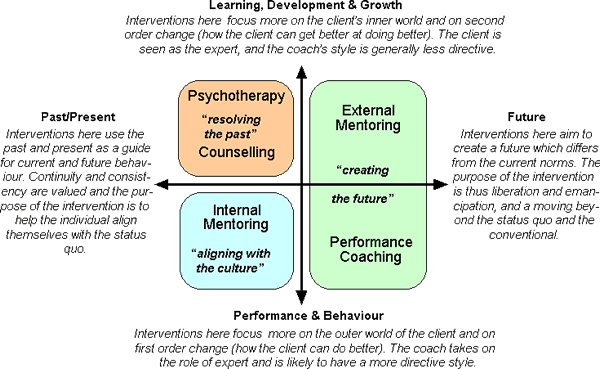
Look for a therapist you feel comfortable opening up to, and who has direct expertise with your presenting problems
When searching for a therapist, prioritize comfort and fit. This concept, known as the therapeutic alliance, refers to the idea of a strong, productive relationship between therapist and client.
Additionally, when searching for a therapist, you’ll want to prioritize someone who has experience (or even specializes in) the presenting issue you’re seeking help with, such as depression, anxiety, OCD, trauma, or any other mental health condition
If applicable, you may also want to work with a professional who can prescribe medication, such as a psychiatrist or nurse practitioner.
Seek a life coach who has qualified credentials, and whose philosophy inspires youThere are no specific requirements to become a life coach, and the field is not regulated by any governing body.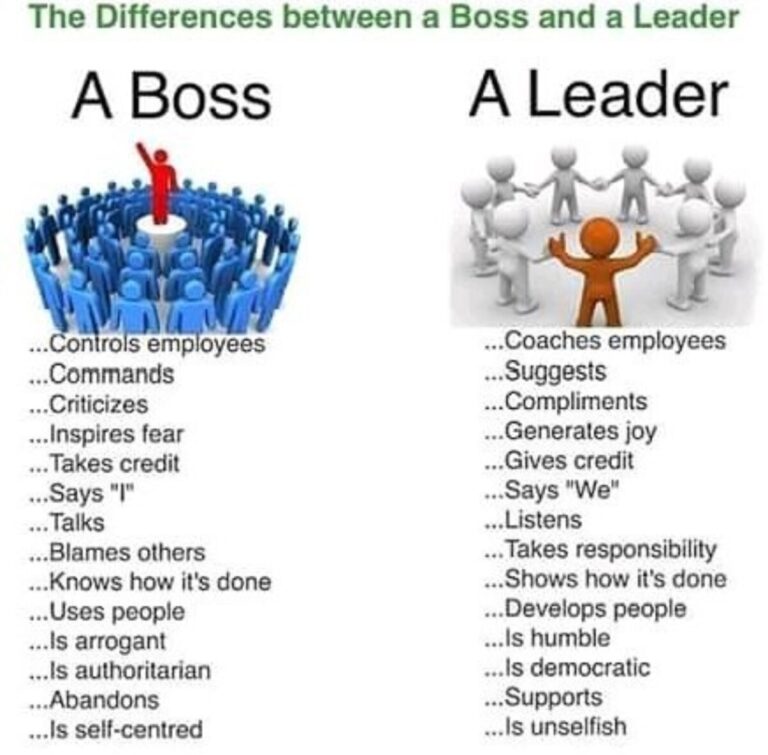 While many coaches do elect to become certified, literally anyone can call themselves a life coach.
While many coaches do elect to become certified, literally anyone can call themselves a life coach.
Working with a coach who has completed the required education, training, and standards that a therapist, masters level or doctoral level clinician would have helps clients feel assured that they are in qualified hands.
Also, seek a life coach who has the following qualities:
- Someone who inspires you and gets you excited about living your best life.
- Someone who has experience working on the exact issues you are seeking help with.
- Someone who uses effective strategies proven to improve your life.
- Someone who you can feel comfortable being vulnerable and open with.
Finally, note that coaches all have different coaching philosophies – and this will guide your partnership, so make sure to select a coach whose approach resonates with you.
When it comes to self-care and seeking help, there’s no “one-size-fits-all” approach. What works for others might not work for you.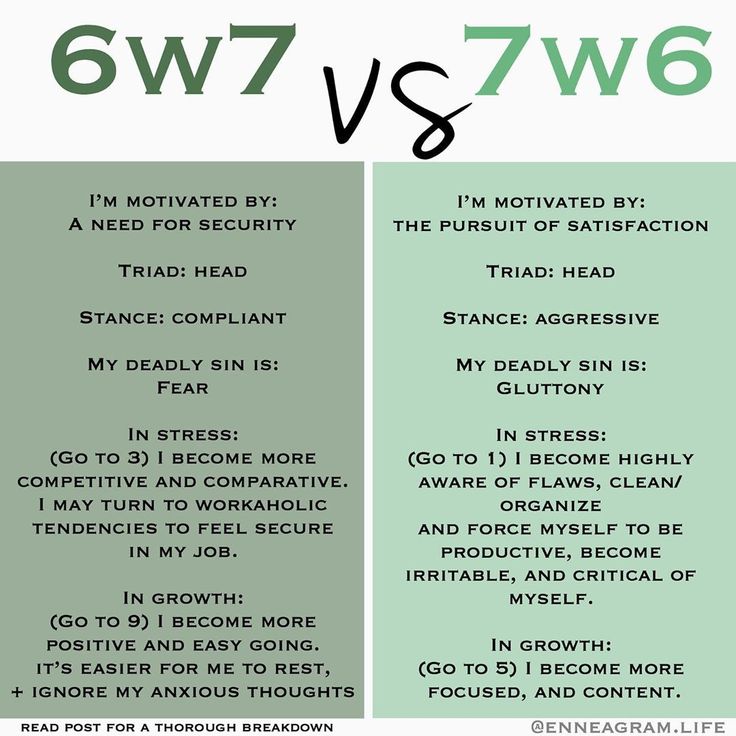
This truth applies even at different points of your own life: Whereas in the past, you might have thrived under the holistic lens that therapy provides, now you'd benefit more from a little nudge here and there. Or vice versa: Maybe you've never sought therapy before, but your situation or health has changed, and you find yourself needing the full-on support that therapy affords.
No matter your incentive for seeking help, it's helpful to understand where the roles of a life coach and a therapist splinter, so you can make an informed decision on which is right for you. Zencare makes it simple to find both therapists and life coaches. You can filter our therapist directory by Specialities, including Life Coaching.
No matter which provider type you choose to work with, remember to keep personal fit and licensure in mind when starting your search. Then pat yourself on the back: You're taking an important first step in self-improvement and empowerment!
Life coach vs.
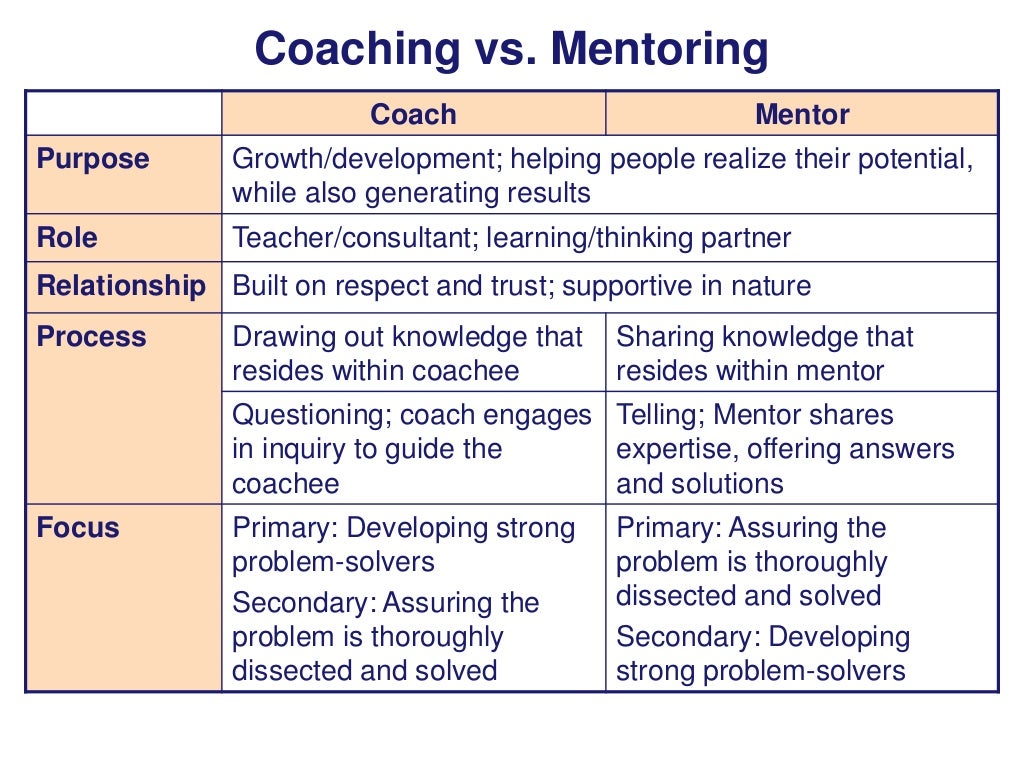 therapist: similarities and differences
therapist: similarities and differencesOne of the most common misconceptions about life coaching is that it is therapy in disguise – or worse yet –therapy from an unlicensed practitioner. In reality, life coaching is truly its own unique service designed to help ambitious achievers meet the outcomes that will bring them success and fulfillment in any and all areas of life. Here are some of the differences between a life coach vs. therapist and a basic guide for when each service is appropriate.
Defining terms: life coach vs. therapist
What is therapy? Therapy, also called counseling or psychotherapy, is a long-term process in which a client works with a healthcare professional to diagnose and resolve problematic beliefs, behaviors, relationship issues, feelings and sometimes physical responses. The idea behind therapy is to focus on past traumas and issues to change self-destructive habits, repair and improve relationships and work through painful feelings. In this sense, therapy focuses on the past and on introspection and analysis, with the hope of resolving past issues and creating a happier, more stable future.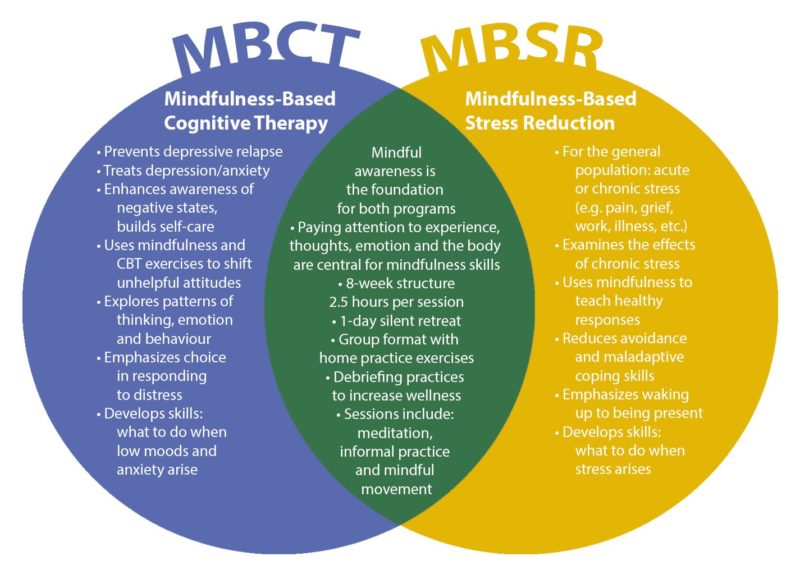
What is life coaching? In life coaching, a client works with a coach who is not a healthcare professional to clarify goals and identify obstacles and problematic behaviors in order to create action plans to achieve desired results. The main way that a life coach vs. therapist works is that the life coach takes the client’s current starting point as an acceptable neutral ground and is more action-based from that point onward. A life coach enables the person receiving treatment to take control of their life and take action to steer it toward their goals.
Get results starting right now with Tony’s priming exercise
Learn About Priming
Differences between life coaches and therapists
Although life coaches and therapists occasionally help clients with similar problems, their work is not the same. Here are the main differences between a life coach and therapist.
Difference one: Focus of the programThe focus of life coaching is one of the main things that distinguishes it from therapy.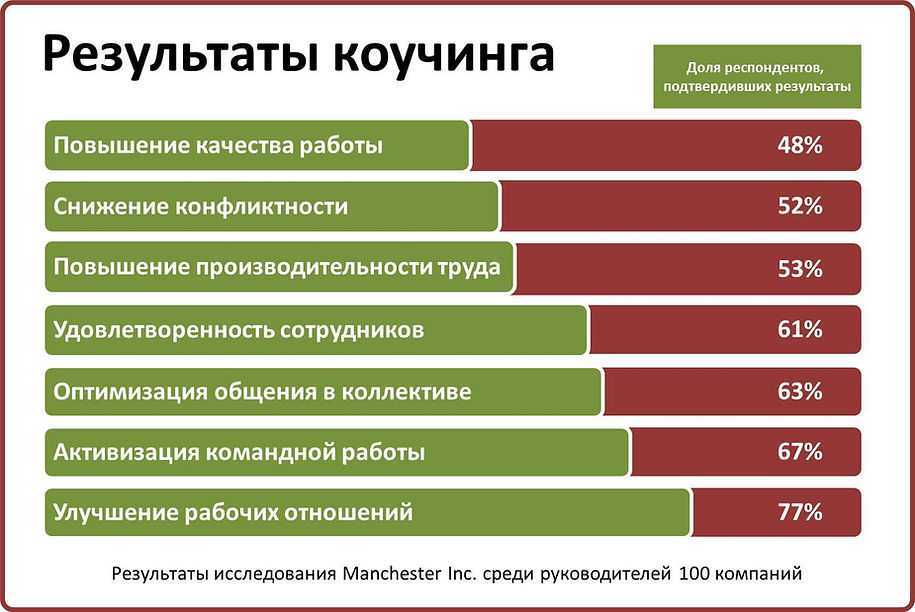 Life coaches identify and describe current problematic behaviors so the client can work to modify them. Therapists analyze their client’s past as a tool for understanding present behaviors. In other words, therapists focus on “why” certain behavioral patterns occur, and coaches work on “how” to work toward a goal.
Life coaches identify and describe current problematic behaviors so the client can work to modify them. Therapists analyze their client’s past as a tool for understanding present behaviors. In other words, therapists focus on “why” certain behavioral patterns occur, and coaches work on “how” to work toward a goal.
Therapy will focus on your thoughts and feelings and how they are informed by your past. Life coaching may touch on these concepts as you break down your limiting beliefs and examine your blueprint, but its ultimate focus is always on the present and the future.
Difference two: Goals of the programWhen you look at a coaching vs. counseling practice, it’s important to recognize that counseling helps clients explore and understand their subconscious and unconscious mind. It aims to reach a deep understanding of behaviors and patterns with a goal of overall mental health. This is why counseling and therapy can be helpful for issues like depression and anxiety.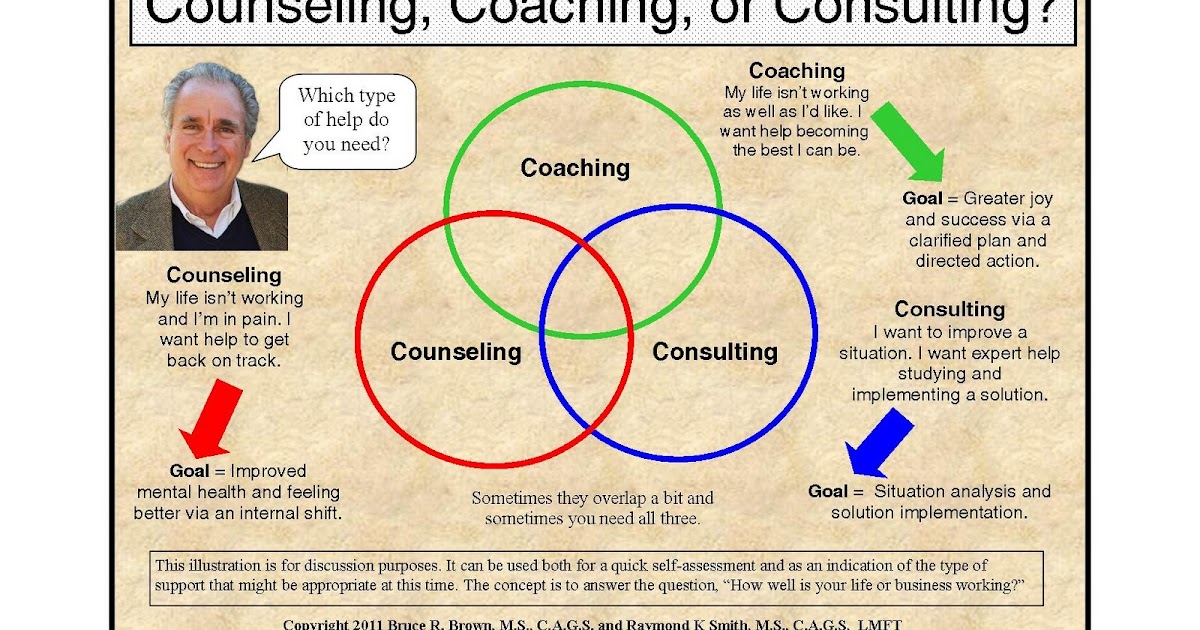
The goal of life coaching is to help you get “unstuck.” Life coaching is about action and results. Life coaches measure their client’s success with key performance indicators and specific behavioral outcomes. They’ll help you set SMART goals, provide accountability and celebrate your wins – all on the road to achieving your dreams.
Difference three: FrameworkWhile both life coaching and therapy use talk sessions with a trained professional. Many of the similarities in how they are organized end there. Therapy involves more unstructured sessions that are guided by the client as well as the type of therapy. Life coaching sessions are much more structured and focused on actionable strategies and visible growth.
The duration of the services also varies. Therapy tends to be a long-term commitment – many people go to therapy for years or even their entire lives. The main difference between a life coach and therapist is that a life coach sets clients up with the process and skills they need to eventually coach themselves.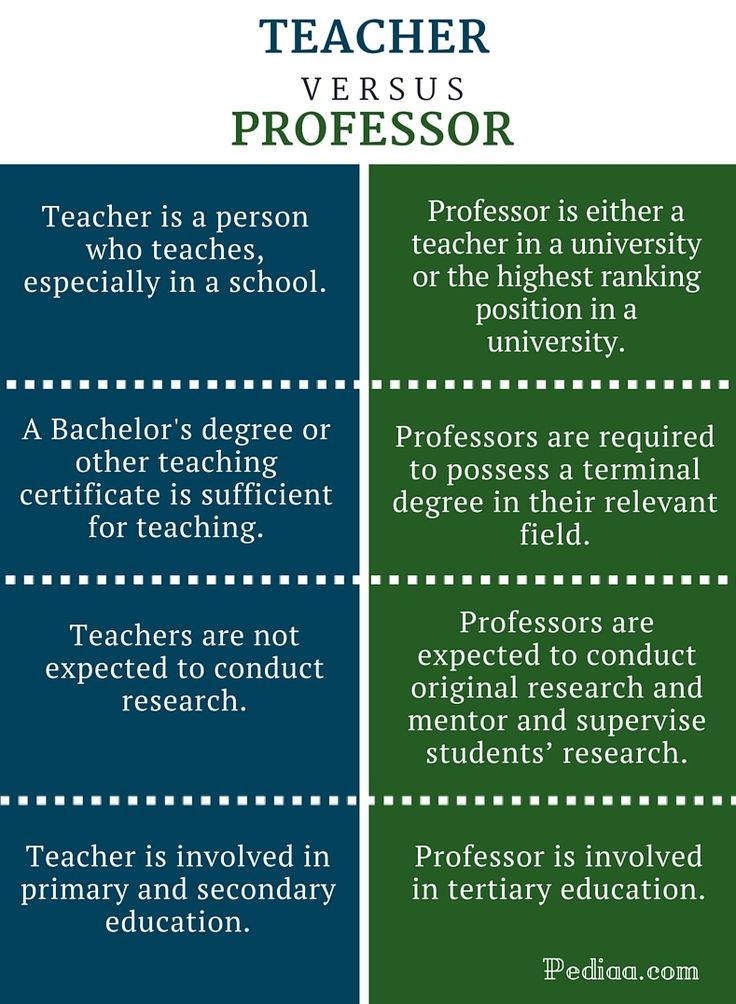 Life coaching isn’t meant to be forever. Life coaches also do not diagnose the people they work with, while therapists determine illnesses and pathologies so their patients can be clinically treated.
Life coaching isn’t meant to be forever. Life coaches also do not diagnose the people they work with, while therapists determine illnesses and pathologies so their patients can be clinically treated.
Click for full size infographic.
Want to share this on your website?
Just copy & paste this code where you want it:
<img src=”https://cdnwp.tonyrobbins.com/wp-content/uploads/2016/10/Coach-v-Therapist-Infographic-Cut-Out.jpg><br /><br /><br /><br /><br /><br /><br /><br /><br /><br /><br /><br /><br /><br /><br /><br /><br />
<a href=”https://www.tonyrobbins.com/coaching/life-coach-vs-therapist/” target=”_blank”>© Tony Robbins</a>
Similarities between a life coach vs. therapy
While the answer to “What is therapy?” is very different from what a life coach does, there are some similarities. Both work to enable clients to make positive changes in their lives and become more productive.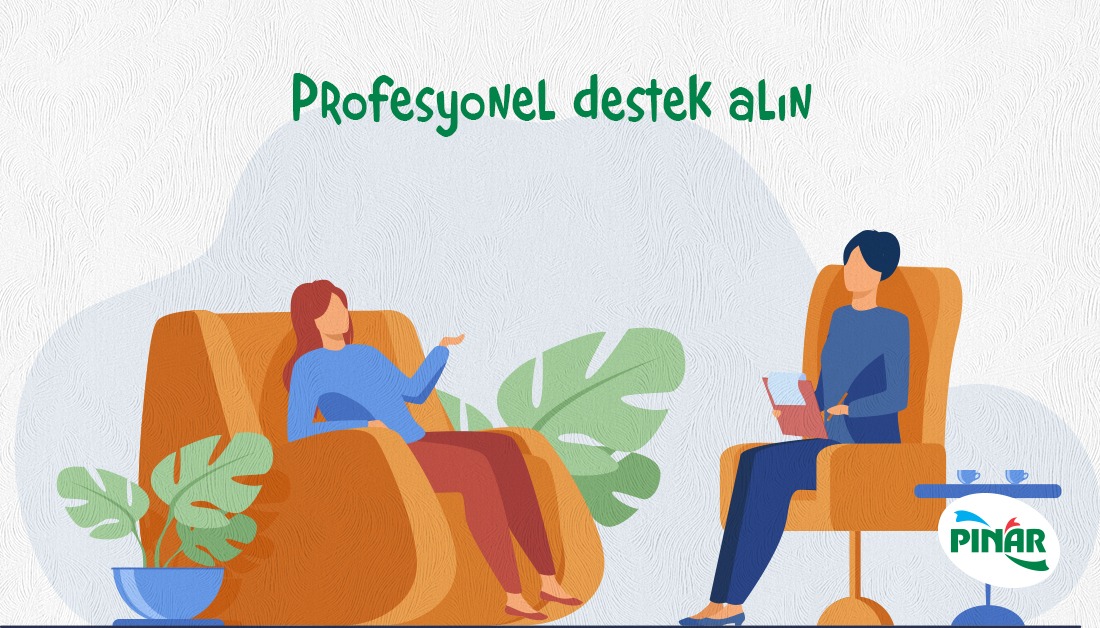 While therapists diagnose and treat from a healthcare perspective, not all therapy clients are ill; many healthy people seek the services of both therapists and life coaches. Therapists may work with specific results in mind, such as the cessation of a particular problematic behavior.
While therapists diagnose and treat from a healthcare perspective, not all therapy clients are ill; many healthy people seek the services of both therapists and life coaches. Therapists may work with specific results in mind, such as the cessation of a particular problematic behavior.
Despite occasional areas of overlap, the work and processes of therapists and life coaches are distinct.
When to seek out a life coach vs. therapist
Naturally, the decision to seek out a life coach vs. a therapist is a very personal one. It might help to imagine yourself getting ready to climb a mountain. You could either hire an expert sherpa and guide for your expedition or a doctor. Which will you choose? Which one will be most helpful during your specific journey?
If you are physically unwell or would be in danger if you even attempted the climb, a sherpa and guide wouldn’t do you any good. You need to be at a baseline level of good health before you can make the climb at all – if you’re not, you might need to see the doctor before trying something that challenging. However, if you’re healthy and just need someone to help you with climbing strategy, carrying the load of supplies and finding the best path, the sherpa and guide is the best bet.
However, if you’re healthy and just need someone to help you with climbing strategy, carrying the load of supplies and finding the best path, the sherpa and guide is the best bet.
Coaching vs. counseling is similar to this example. The therapist is the doctor. They get you well enough to take on major challenges in your life by exploring your mental and emotional well-being. The life coach is the sherpa and guide. They have an expert knowledge of your climb and can help you reach the summit.
A life coach offers guidance by helping clients:✓ Clarify and achieve personal and professional goals
✓ Create business plans
✓ Work to improve communication skills
✓ Achieve financial independence and security
✓ Achieve a work/life balance
✓ Start a new business or growing a current business
A therapist, on the other hand, focuses their conversation on ways to:✓ Recover from past traumas
✓ Explore why past relationships (business or personal) have been destructive
✓ Work through depression or anxiety that affects the ability to function at home or work
✓ Survive a divorce or loss of a loved one
In order to get the right kind of professional expertise, it is crucial to understand how a life coach vs. therapist are different. Do you need a therapist, or do life coaching services better suit you? Whatever you choose, remember that life coaching is more than a watered-down version of therapy. It is a dynamic discipline designed to help inspire people to achieve more than they believe is possible.
therapist are different. Do you need a therapist, or do life coaching services better suit you? Whatever you choose, remember that life coaching is more than a watered-down version of therapy. It is a dynamic discipline designed to help inspire people to achieve more than they believe is possible.
Ready to achieve real results?
Tony Robbins Results Coaches help you find your vision, focus and get results. Discover what you’re capable of with a coach.
Schedule My Free Session
Want to achieve real results NOW? Fill in the form below to schedule your FREE 30-minute session with your Tony Robbins Results Coaching Strategist.
By entering your information on the Tony Robbins website, you agree that we may collect and use your personal information for marketing, and for other purposes, as set forth in our Privacy Policy, which we encourage you to review.
This website uses cookies to personalize your experience and target advertising. . By continuing to use our website, you accept the terms of our updated policies
. By continuing to use our website, you accept the terms of our updated policies
Life coach in Russian | Karina Peel
What is a life coach?
A life coach is a professional trained to help you reach your full potential and achieve your desired goals. Life coaching will help you understand what your current situation is and what exactly you want in your life. With guidance and support, a life coach works with you to bring about change and achieve the results you want.
Life coaches help you develop by identifying limiting beliefs and other obstacles that are holding you back and developing an action plan to move in the right direction. With the help of a life coach, you will achieve your personal and professional goals to the fullest, harmoniously and meaningfully.
As a certified professional life coach in California, Karin Peel can help you uncover information about yourself that you may not be fully aware of.
Using a variety of life coaching techniques, Karin will help you clearly define your goals, assess your resources, and recognize your obstacles.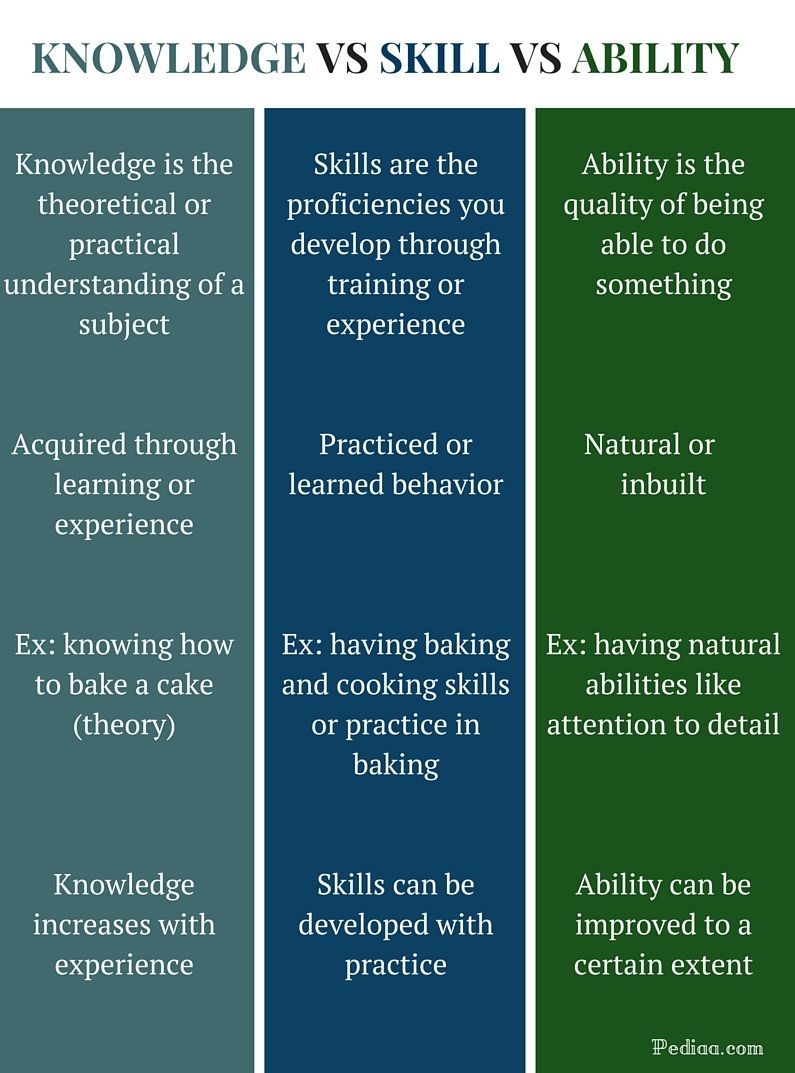 Both internal (behavior and misconceptions) and external factors can create obstacles in your life.
Both internal (behavior and misconceptions) and external factors can create obstacles in your life.
Karin will also help you reassess your goals to match your inner values and develop a clear plan for how to achieve them.
Every step of the way, Karin will guide you through any challenges that may arise, helping you reach your full potential and achieve long-term results.
Through the work of your coaching partnership, Karin will help you find your own answers. The life coaching she provides will be unique and tailored to your specific needs . By working together, Karin will help you be more productive, feel more in control of your life, and experience satisfaction and joy as you move towards your goals.
“There is no good reason why we should not develop and change until the last day of our lives.”
~ Karen Horney
How life coaching can help you
- Help you identify problem areas where you feel confused, lost, or stuck
- Get rid of limiting beliefs and other obstacles that prevent you from moving forward
- Improve communication and problem solving skills
- Guiding, motivating and ensuring that you are accountable for achieving your goals
- Helping you gain clarity, better understanding of yourself and self-confidence
- Develop an action plan to achieve your personal and professional goals
Life coaching brings feeling clarity
In order to succeed in your professional or personal life, you need to know what exactly you are striving for and what your goals are. We all want to be happy, successful and enjoy life, but happiness, success and satisfaction mean different things to different people. In order to truly experience the joy of life, you need to clearly understand what these concepts mean to you. Life coaching will bring clarity to all the situations that arise in your life and help you find the right direction.
We all want to be happy, successful and enjoy life, but happiness, success and satisfaction mean different things to different people. In order to truly experience the joy of life, you need to clearly understand what these concepts mean to you. Life coaching will bring clarity to all the situations that arise in your life and help you find the right direction.
We are all shaped by the society in which we live. Society as a whole, as well as our close circle of family, friends, colleagues and environment, have a great influence on our perception of the world.
We often feel pressured to fit into certain groups of people, and this can make our vision cloudy, blurry, and alienate us from our true selves. We cease to understand what we are striving for, what is good for us and what is bad; we lose motivation and do not get joy from life. We do not understand why things are not going the way we would like them to. Even when we get what we've been striving for, we don't enjoy it and soon we're running after the next opportunity. Life coaching is about working on a situation, allowing you to gain clarity and make informed decisions that will bring positive changes in your life.
Life coaching is about working on a situation, allowing you to gain clarity and make informed decisions that will bring positive changes in your life.
“Communication leads to community, that is, to understanding,
~ Rollo May
to unity, and mutual support.”
Life coaching can help everyone
In the past, entrepreneurs and athletes were some of the people who typically worked with a coach. Now personal coaching is available to everyone. Regardless of your professional accomplishments or place in life, most people who seek personal coaching are successful, resourceful, and smart people who want to get the most out of their lives. Here are some areas where personal coaching can be successful:
- Life planning
- Developing and improving life prospects
- Life/career transitions
- Personal care
- Couple/family relationships
- Business
- Health & Fitness
- Creativity
- Financial Freedom
- College/University Problems
“Many people suffer from the fear of finding themselves alone,
~ Rollo May
and therefore do not find themselves at all.”
Is life coaching therapy?
No, it is not. The difference between therapy and life coaching is that therapy focuses on healing emotional trauma from the past – and mental health in general – while life coaching focuses on identifying and achieving specific goals (now and in the future) .
Life coaching packages/programs
You can order one consultation with Karin, or you can choose one of the following programs.
Individual Stress Prevention and Coping Program
1) Identify sources of stress in your life and how to deal with them.
2) Identifying Unhealthy/Destructive Habits
3) Identifying Your True Goals
4) Motivation and Where to Find It
5) Obstacles and Why It’s Not Always Easy to Follow Decisions
6) Developing a structured protocol for success
Breaking bad habits
1-Understanding how habits are formed
2-Family restrictions/myths/taboos
3-What your habit is trying to tell you
4-Awareness of your needs
5 - Learn to prioritize your needs and express them in a healthy way
6- Develop a structured protocol for continued success
Weight loss, body shaping and development, self acceptance
Details coming soon.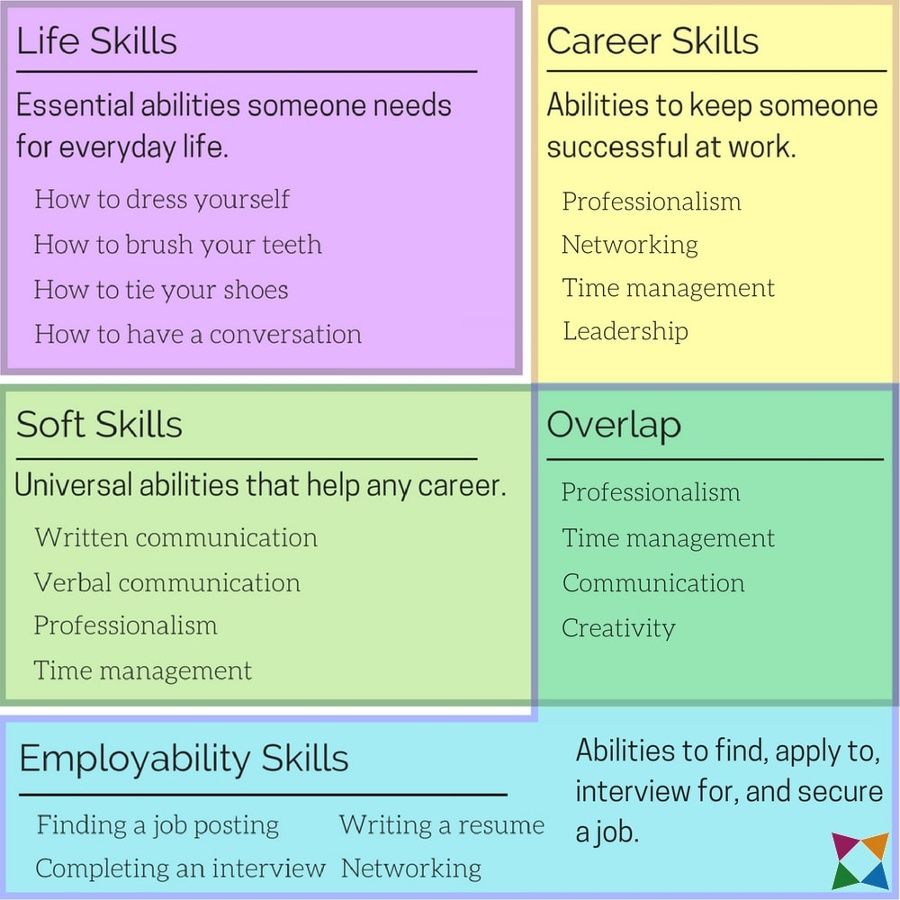
Relationships / Communication Skills
Details coming soon.
Increase self-esteem and self-confidence
Details coming soon.
Each of the above programs includes six consultations specifically designed to address a particular topic. Individual programs on other topics are also possible. Please contact Karin for more information.
Coaching, how it differs from psychotherapy and how to choose the right direction.
In the last decade, coaching has become increasingly popular. It sounds new, strange and raises many questions. Coaches - that is, coaching professionals - promise to change your life forever and only for the better, and in a fairly short time. Most of them (not all) insist that they have absolutely nothing to do with psychology and psychotherapy.
So what is coaching? And how is this different from psychotherapy? Let's try to figure it out.
What is coaching?
There are about two dozen alternative definitions of coaching, depending on the specific approach and author.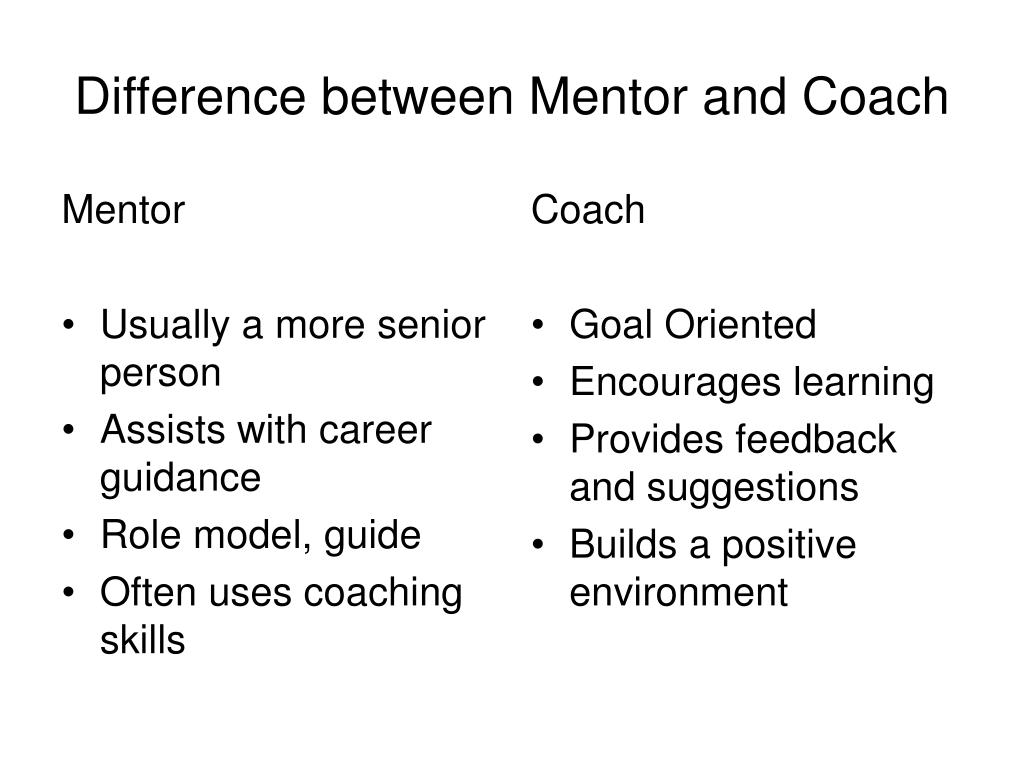
The origin of the word "coaching" is also disputed. Someone believes that it comes from the name of a Hungarian village and a vehicle, someone speaks of a sofa and a couch, and someone claims that it is based on the English verbs “instruct” and “train”.
In short, like everything new and unknown, coaching quickly acquires different meanings. And in order not to get completely confused, I propose to rely on the following definition, which, in my opinion, most successfully and succinctly conveys the essence:0005
"Coaching is a process aimed at understanding, formulating and achieving the true goals of a person, revealing and realizing his personal potential."
Coaching was originally narrowly focused and professionally focused on sports, business and music, that is, in those areas where competition is very strong, and achievements are important. But in our time, the issues of achievement and competitiveness are relevant not only in professional activities, but also in terms of personal development.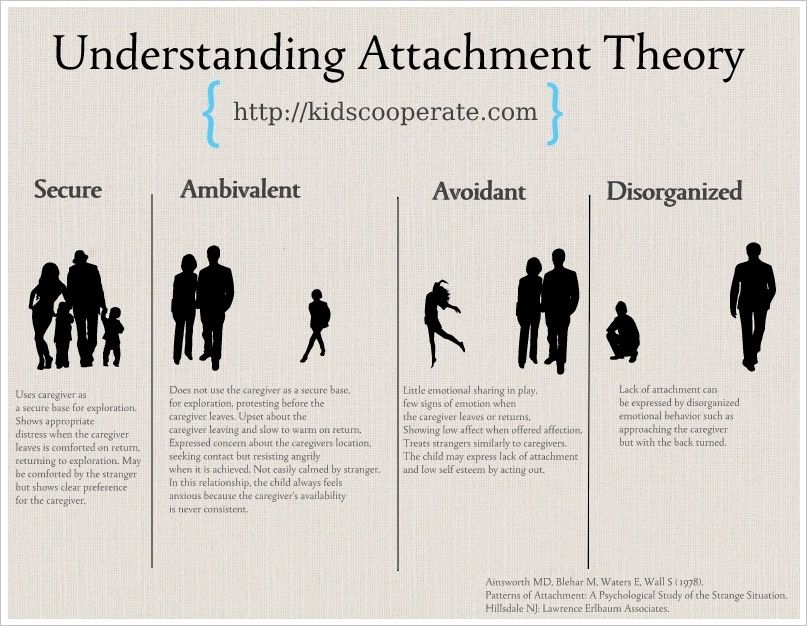 This is what led to the emergence and development of many new types of coaching - from financial to parenting. But, nevertheless, all its types can be reduced to three main ones:
This is what led to the emergence and development of many new types of coaching - from financial to parenting. But, nevertheless, all its types can be reduced to three main ones:
Career coaching - used for career planning, choosing the path of professional development, support in finding a job. A career coach will help the client understand what type of activity he is interested in, what profession he wants to realize himself in, how he sees his career, he will help assess professional skills, competencies, opportunities - those resources that can be relied upon when building his career.
Business coaching is aimed at finding the most effective ways to achieve the company's goals. Working with the head (owner) of the company, the business coach will clarify the values of the company, its mission, goals and objectives, develop strategies for the successful development of a particular business, based on the company's available resources and taking into account the potential for its development. When working with managers of different levels, the tasks of business coaching can be teaching certain leadership styles, ways to increase employee motivation, ways to train staff, create and work a team. Go to services.
When working with managers of different levels, the tasks of business coaching can be teaching certain leadership styles, ways to increase employee motivation, ways to train staff, create and work a team. Go to services.
Life coaching (or personal coaching ) is aimed at improving in various areas of life - health, relationships, finances, self-realization, creativity, etc. The life coach will accompany the client in the search for his true desires and vocations, help formulate goals, develop plans and ways to achieve them, relying on the strengths of the client, his resources, helping to discover and develop his potential. Go to services.
Coaching is often described as the process of solving the problem "How to get from point A to point B in the shortest possible time and in the shortest way?" The process of any coaching can be reduced to 4 main stages:
- Goal setting
- Analysis of the current situation or reality check
- Drawing up an action plan
- Support and control of active actions to implement the plan.

Differences between coaching and psychotherapy
So what are the main differences between coaching and psychotherapy? After all, indeed, most coaches and psychotherapists zealously and even with some mutual contempt disown any commonality, in every possible way emphasizing their dissimilarity and fundamental differences.
Of course there are differences, but they are not so many.
The first and probably the most important is the depth and duration of . Psychotherapy affects and solves the deepest problems of a person, it is longer in time. Working with a psychotherapist is aimed at intrapersonal changes, working through psychological traumas, digesting past experience and gaining new ones, restoring lost or creating new internal resources. In the process of psychotherapy, the client learns to build new full-fledged relationships, first with himself, and then with the people around him. Psychotherapy usually takes from one to several years.
Coaching, on the other hand, is aimed at solving urgent problems that are not deep problems. Working with a coach has a foreseeable future and is aimed at achieving a specific result. The duration of work with a coach depends on the goal that the client sets for himself. Coaching can last as long as one coaching session if the task is not particularly difficult, or it can last several months if the goals are more ambitious. As a result of working with a coach, the client not only achieves the goal, but also learns the process of achieving goals.
The second difference of is focus of work . Psychotherapy mainly works in terms of the past and the present - looking for the causes of the client's difficulties in the past and trying to eliminate their influence on the present - where you are now and why you are here. Coaching has a focus on the present and the future - the coach is not interested in why the client ended up where he is, his attention is focused on where the client is now and where he wants to be in the future.
So who to choose - a psychotherapist or a coach?
Focus on the problem you want to solve.
If you are trying to piece yourself together after a difficult crisis situation, life is not happy, you don’t want anything and everything is bad in general, you are in constant apathy, you are tormented by fears, you are not satisfied with yourself, others, work, children, life in general, you feel bad and need love and support - you need to see a psychotherapist.
If you want to change jobs, start a family, increase your income, lose weight, start your own business and - attention! - this is really your true desire, that is, you are very motivated, eager for change, resourceful enough and need only a little kick and periodic support - then you need a coach.
And I think that psychotherapy and coaching not only do not exclude each other, but, on the contrary, perfectly complement each other! They are focused on different tasks, solve them partly in different ways, but, in the end, globally, both psychotherapy and coaching have the same goal - to improve the quality of life of the client.